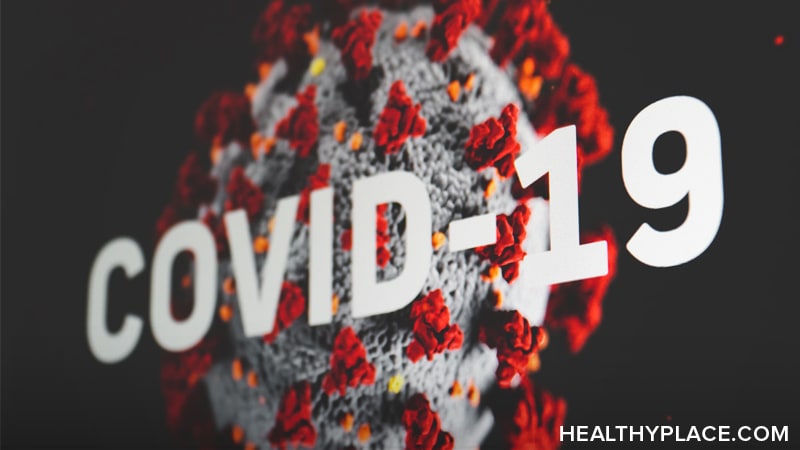Have You Adjusted to the New Normal?

Life has changed drastically since the COVID-19 pandemic; it's why the term "new normal" was used to describe the post-pandemic world. From work and education to social interactions and healthcare, virtually every aspect of life was affected. Although the World Health Organization declared the end of COVID-19 as a public health emergency on May 11, 20231, many of these aspects never returned to normal. In fact, the disease is around to date, which is why some people still wear masks in public spaces. Since the world went into survival mode for a couple of years, we didn't have time to process the monumental changes we were going through. But now that we are no longer in a crisis, I wonder if we have mentally adjusted to the new normal.
How Normal Is the New Normal?
Generally speaking, what we consider normal today would have been labeled weird in a pre-COVID world. Take the case of remote work. I knew very few people who worked from home before the pandemic, and they often got judged for it. Today, however, working from home is not only considered normal, it is seen as a perk. Many of us now prefer remote or hybrid jobs to full-time office jobs.
While this may seem like we have exposure to a lot more opportunities, I feel that the trend of remote work has only made it harder to seek employment. While remote work makes it possible to work from anywhere, it also hinders employment because candidates from anywhere can apply for the same job. Previously, one had to contend with local talent, whereas now, the competition is global. I believe getting hired has become harder than ever, and the recent developments in artificial intelligence have only complicated matters. If you are lucky not to be in this position, check in with your family and friends struggling to find a job. Only a job seeker knows the mental health challenges that come with being unable to secure employment and having money troubles. And if you are a job seeker, remember to go easy on yourself.
The new normal also involves coping with the sudden deaths of all the loved ones we lost in the pandemic. People didn't even get to say their goodbyes to loved ones, seeing as there were restrictions like limited visitation in hospitals and restrictions on gatherings and funeral services. All of this has complicated the already intricate grieving process, leaving many of us with unresolved feelings of guilt, regret, and anger, and a lack of closure. I lost a few relatives to the coronavirus, and even though I knew it wasn't possible at the time, a part of me blames myself for not seeing them one last time. I can only imagine the grief of the countless children orphaned by this disease. Besides revolutionizing work-life and unexpected deaths, COVID-19 changed the world in too many ways to list.
Is It Possible to Adjust to the New Normal?
I don't know if adjusting to the new normal is possible because it hasn't settled down and is still evolving. All we can do is try our best to roll with the punches. Check out my video below, where I talk about some ways to adjust to the challenges of the post-pandemic world.
Source
-
WHO chief declares end to COVID-19 as a global health emergency. (2023, May 6). UN News. https://news.un.org/en/story/2023/05/1136367
APA Reference
Shaikh, M.
(2024, March 21). Have You Adjusted to the New Normal? , HealthyPlace. Retrieved
on 2026, February 12 from https://www.healthyplace.com/blogs/mentalhealthforthedigitalgeneration/2024/3/have-you-adjusted-to-the-new-normal
